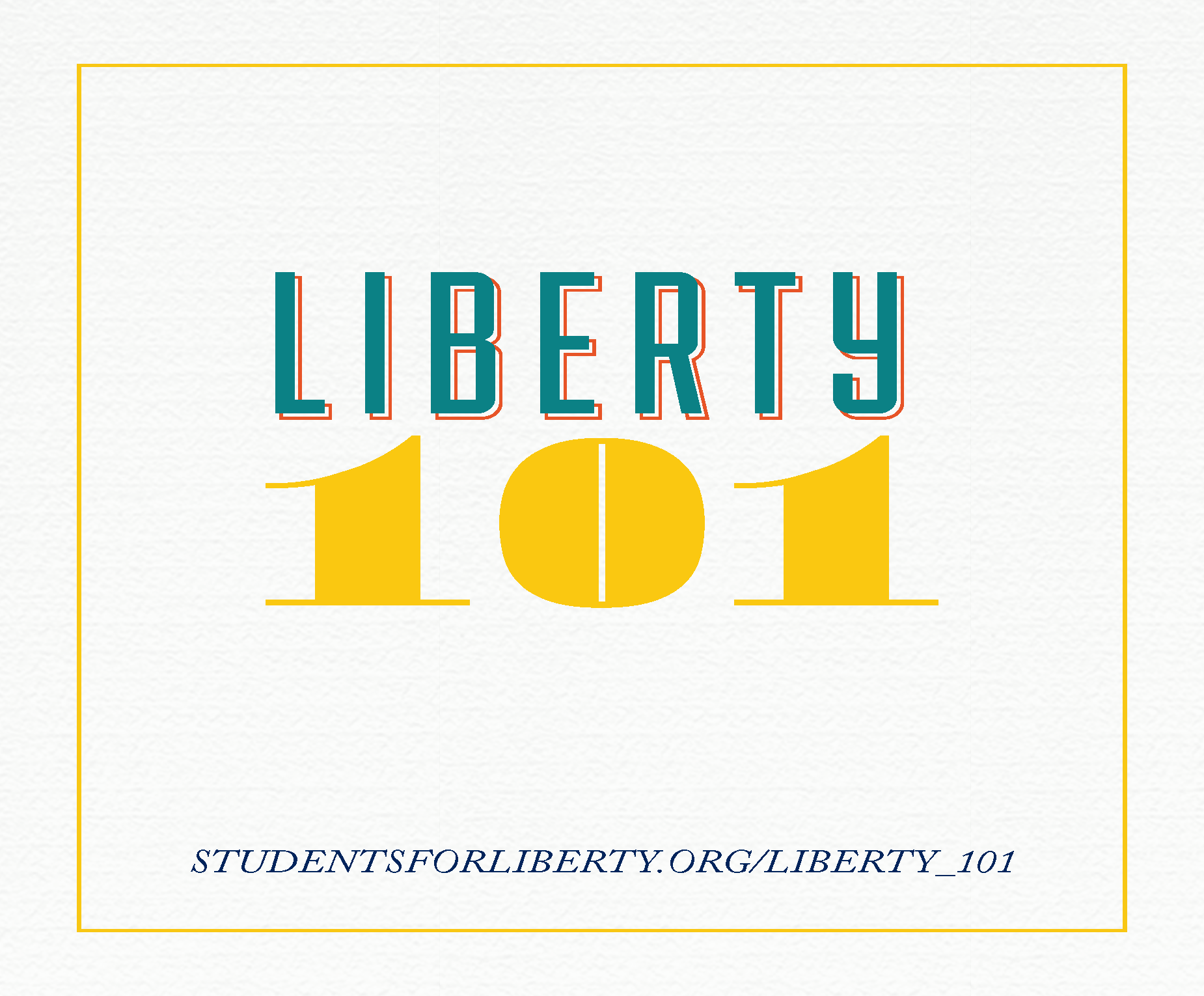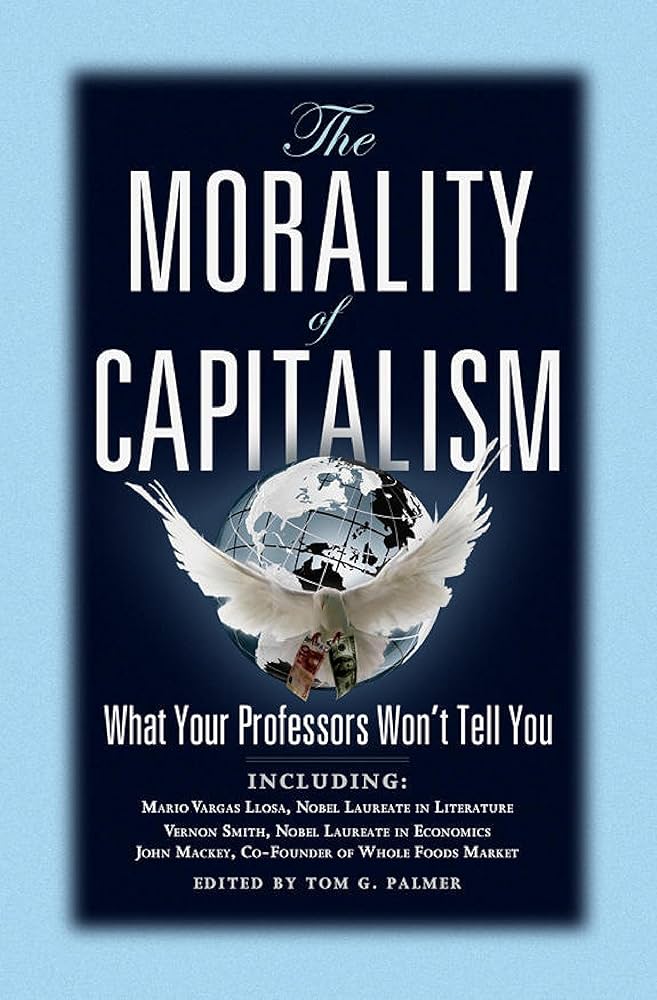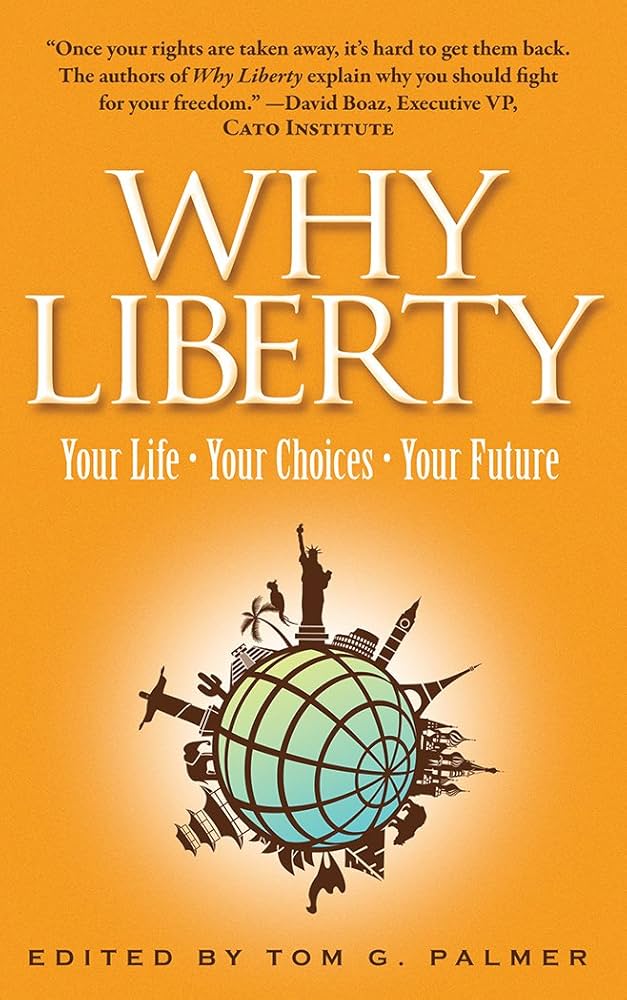

Liberty 101 is an online course produced together by Students For Liberty and Learn Liberty in which you will learn about the principles of a free society from a libertarian perspective....

In the fall of 2011 we distributed hundreds of copies of The Morality of Capitalism, What Your Professors Won’t Tell You to student groups around the world. This second Students For Liberty...

Why Liberty focuses not just on political theory but also on liberty through the lens of culture, entrepreneurship, health, art, technology, philosophy, and the transformative power of freedom. This collection emphasizes...
